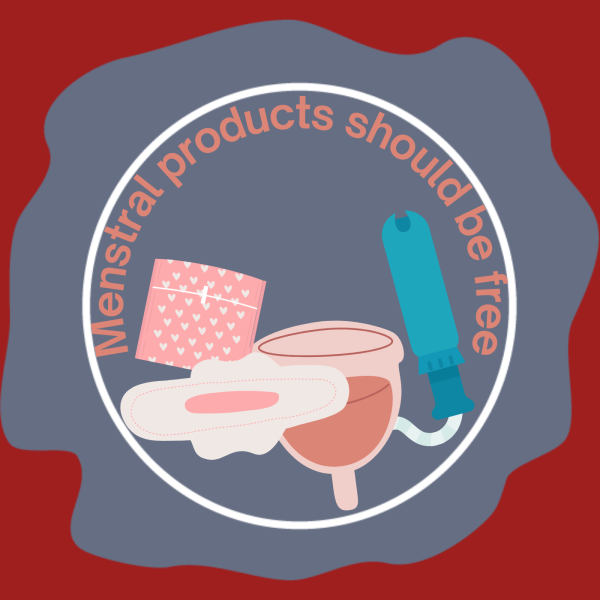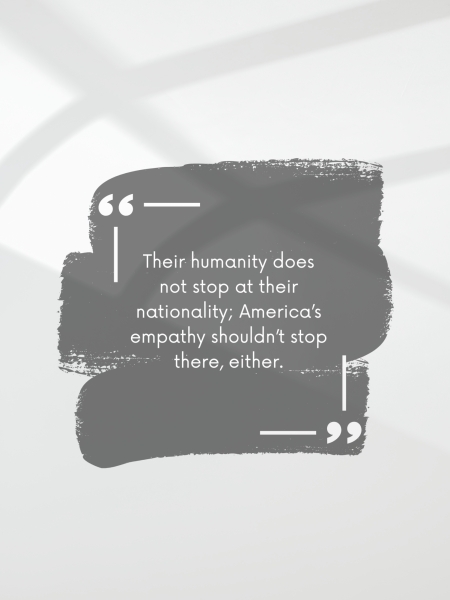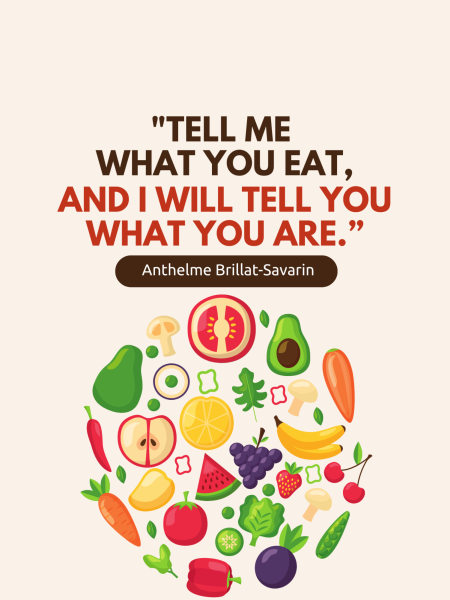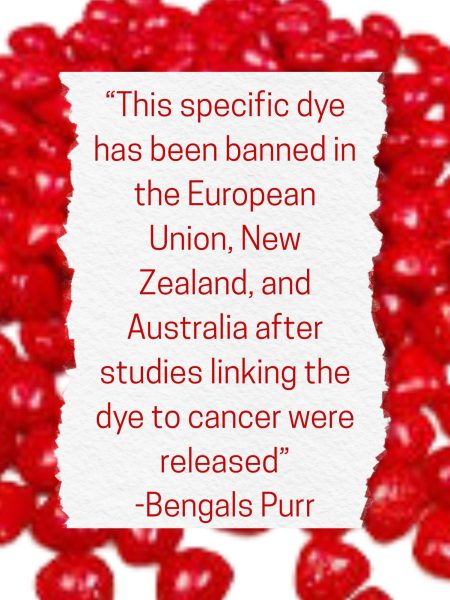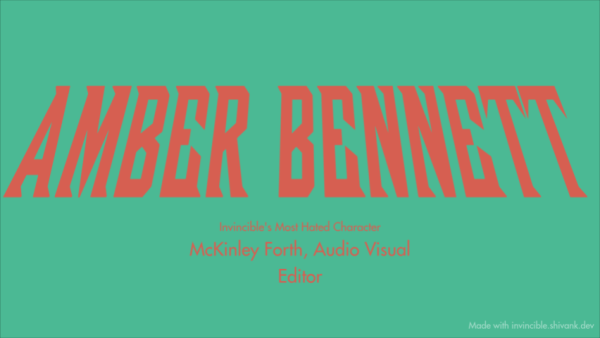Book banning and censorship rises in the U.S.

McMinn County, Tennessee, removes “Maus” from its eight-grade cirriculum
Like butterfly clips and chickenpox, many assume book banning and censorship to be a thing of the past. Unfortunately, the issue continues to be prevalent in the modern-day. The American Library Association (ALA) releases a list of the top 10 most challenged or restricted books for that year. The 2021 list includes titles such as The Absolutely True Diary of a Part-Time Indian by Sherman Alexie, To Kill a Mockingbird by Harper Lee, and The Bluest Eye by Toni Morrison.
Most of these books are written by people of color, LGBTQ+, and other marginalized groups and/or have characters that revolve around these identities. For example, The Bluest Eye (number nine on the list) is written by a black woman and follows the narrative of Pecola, a young African-American girl, in 1941. Pecola develops an inferiority complex due to constant belittling because of her mannerisms, skin color, and other traumatizing events. The book discusses themes of sexual assault, internalized racism, and religion. Though these topics are difficult to explore, they must be discussed and learned from.
“We don’t need to enable or somewhat promote this stuff. It shows people hanging, it shows them killing kids. Why does the education system promote this stuff? It is not wise or healthy.” said a school board member in Tennessee about the graphic novel Maus.
There was a unanimous vote to ban the book from their district’s 8th-grade curriculum at that meeting held earlier this year, according to The Smithsonian.
Maus is a graphic novel written by Art Spiegelman that depicts his father’s experiences as a Polish Jew and Holocaust survivor. Spiegelman uses anthropomorphized animals to represent different groups: Jews as mice, Germans as cats, Americans as dogs, etc. Maus also revolves around Spiegelman’s strained relationship with his father and the grief he experienced when his mother (also a holocaust survivor) died by suicide when he was 20.
Some parental shock is expected and acceptable when dark themes are introduced to their children. It can be nerve-wracking to have your kids learn about atrocities committed in the past. But to ban it? Now you’re robbing kids of a learning opportunity. If Jewish children in 1940’s Europe had to endure the actual Holocaust, the children of today can handle reading about it.
Book banning has always been a hot topic of conversation in the United States. It encompasses more significant issues such as free speech and the right to consume literature. It’s egotistical and unfair to hinder others’ ability to write and read what they please because it doesn’t coincide with specific values or beliefs.






